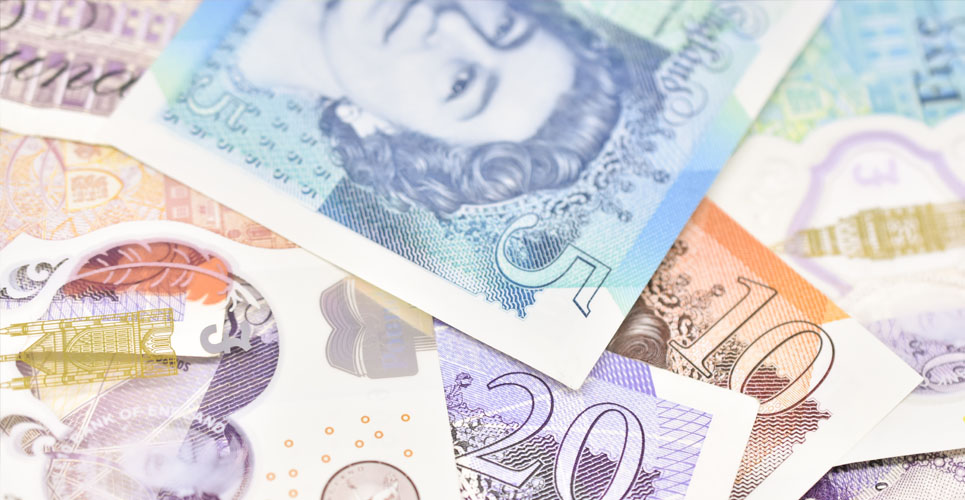teaser
A survey has claimed that nearly every doctor in the USA has “sometype of relationship with the pharmaceutical industry”, which ofteninvolves gifts, entertainment or cash payments.
Theresults are detailed in a study by researchers at Massachusetts GeneralHospital-Partners Health Care System, Yale University, and Australia’sUniversity of Melbourne and Royal Melbourne Hospital, published in the New England Journal of Medicine.The study found that 94% of physicians reported a relationship withdrugmakers; 83% said they received food in the workplace and freesamples (78%), while 35% were reimbursed for costs associated withprofessional meetings or continuing medical education. Furthermore, 28%were paid for consulting, delivering lectures or enrolling patients inclinical trials, and 7% said they had received tickets to cultural andsporting events.
The researchers mailed questionnaires to3,167 doctors in 2003 and 2004, offering them $20 for their time, and1,662 replied. They included anaesthesiologists, cardiologists, familydoctors, surgeons, internists and paediatricians with experienceranging from less than 10 years to over 30 years. The survey foundcardiologists were more than twice as likely as family doctors toreceive payments, although the latter group met more frequently withindustry representatives than physicians in other specialties.
Asummary of the study noted that “relationships with industry are afundamental part of the way medicine is practised today [but] the realquestions relate to how much is too much and how far is too far.” Leadresearcher Eric Campbell, assistant professor of healthcare policy atthe Harvard Medical School’s Institute for Health Policy andMassachusetts General Hospital, Boston, added that “we know that theserelationships have benefits and risks, and we know that they benefitthe companies that are involved, and we know from our data that theybenefit doctors”.
“However,” he went on, “the realquestion is to what extent these relationships benefit patients – andthe answer is, we don’t know.”
The relationship betweendrugmakers and doctors is a thorny issue and the US industry respondedswitly to the survey’s findings. Ken Johnson, senior vice-president ofPharmaceutical Research and Manufacturers of America, said that to helpensure that the information sales representatives provide is “accurateand well-substantiated”, such employees must comply with strict Foodand Drug Administration regulations. He also noted that in 2002, PhRMAintroduced a voluntary code of conduct limiting the value of gifts toUS$100 or less and banning free entertainment tickets. “In the end,pharmaceutical marketing is one of several important ways forhealthcare providers to receive the information they need to make suremedicines are used properly and patients are safely and effectivelytreated,” Mr Johnson concluded.
The latest survey followsstudies published recently in the Public Library of Science journalPLoS Medicine which claimed standard sales techniques used byrepresentatives influenced which drugs doctors chose to prescribe.
GeorgetownUniversity Medical Center’s Adriane Fugh-Berman and a former Eli Lillydrug representative wrote that physicians were influenced by “finelytitrated doses of friendship”, administered by the sales force in thefield. The latter paper – co-authored by Shahram Ahari of the School ofPharmacy at the University of California at San Francisco, and anotherex-Lilly employee – further notes that if a physician refuses to meetwith a rep, “their staff is dined and flattered in hopes that they willact as emissaries for a rep’s message”. Physicians who end upprescribing the rep’s drugs are then rewarded with gifts, such as golfbags or silk ties.
The authors concluded by saying that”every word, every courtesy, every gift, every piece of informationprovided is carefully crafted not to assist doctors or patients, but toincrease market share for targeted drugs”.
Whetherdoctors are swayed by a free lunch or indeed free golf bag is a highlydebatable point, however. Thomas Stossel, professor of medicine atHarvard Medical School, told Bloomberg that the ties between industryand medicine should be encouraged. Noting that about 85% of medicalprogress can be attributed to the work of drug and device companies,while 15% stems from public funding, he said “the corporate involvementin medicine is a natural, evolutionary adaptation to opportunity.Products beget more products. They need to be marketed, because doctorsneed to know they exist. It’s a natural, symbiotic relationship”.
PharmaTimes 26/4/2007

